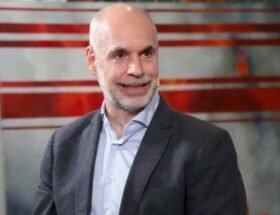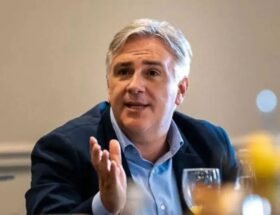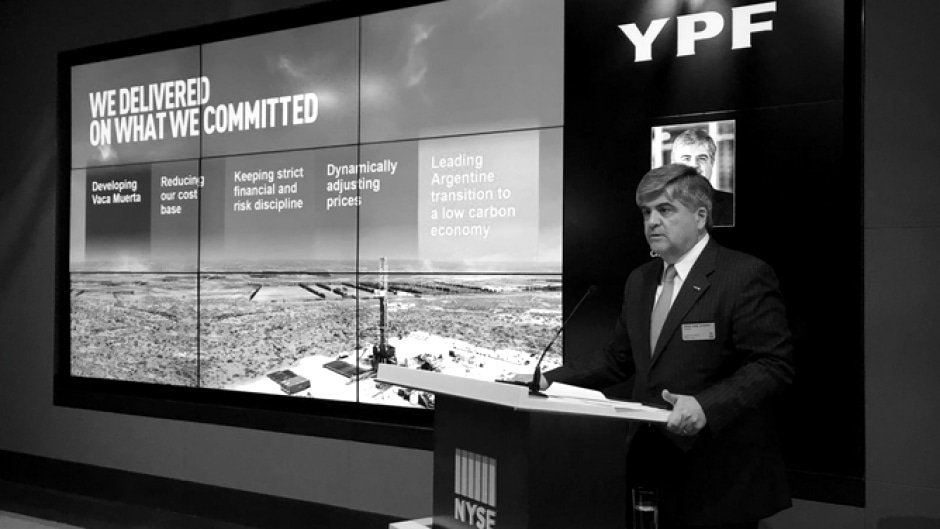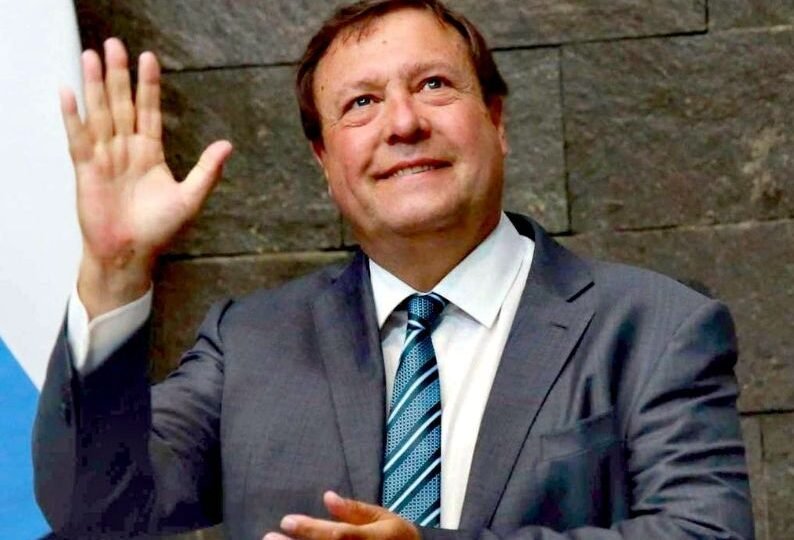
Alberto Weretilneck
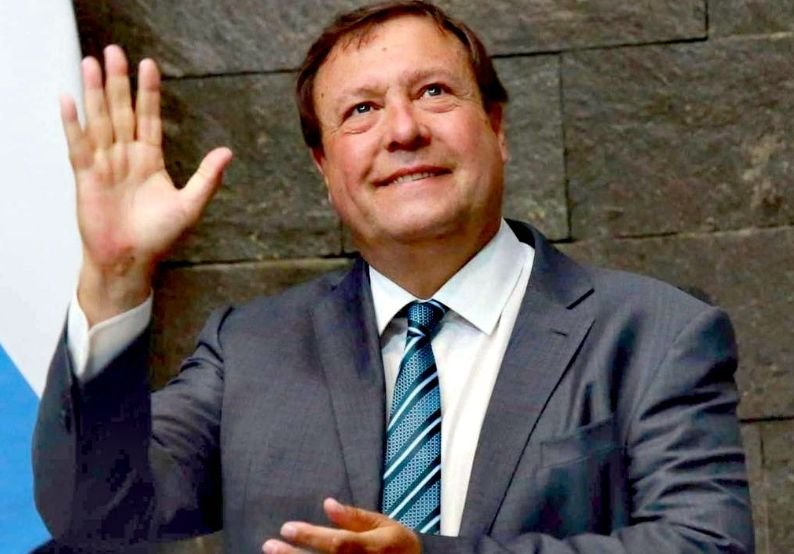
Alberto Weretilneck, born in El Bolsón in 1961, is one of the most influential figures in Patagonian politics. A journalist, teacher, and twice governor of Río Negro, he built his leadership with a pragmatic vision and management style close to business logic. Founder of Juntos Somos Río Negro, he consolidated institutional stability and projected the province in key sectors such as energy, production, and tourism.
Origins and education
Alberto Weretilneck was born in El Bolsón in 1961 and grew up in an environment closely tied to community life and social interaction in the region. He studied and worked as a teacher, as well as a journalist, which allowed him to understand first-hand the problems and aspirations of Patagonia’s inhabitants. This early stage consolidated a profile sensitive to local realities, with strong communication skills and a direct bond with society.
First steps in politics
His entry into politics took place in Cipolletti, one of the most important cities in Río Negro, where he served as mayor between 2003 and 2011. There, he prioritized urban planning, infrastructure development, and collaboration with the private sector to boost the economy. This experience turned him into a pragmatic manager, accustomed to leading projects with clear objectives, in the style of a leader who combines political strategy with a business-oriented vision.
Assumption of the governorship
In 2012, he assumed the governorship of Río Negro after the death of Carlos Soria. What initially seemed like a transitional scenario became a management marked by continuity and institutional order. He was reelected in 2015 and then returned in 2023 with broad social support from the people of Río Negro. His style of government was characterized by maintaining stability during times of national economic turbulence, ensuring basic services, public works, and a controlled political climate.
Creation of Juntos Somos Río Negro
One of the most notable milestones of his career was the creation of Juntos Somos Río Negro (JSRN) in 2015, a provincial party that consolidated itself as its own brand. This political space managed to surpass the logic of national parties and offered a purely Río Negro identity. The strategy resembles the launch of a local company capable of competing with large corporations, with a model based on territorial closeness, efficiency, and the construction of lasting consensus.
Productive and economic strategy
During his administrations, Weretilneck promoted productive diversification that strengthened Alto Valle fruit growing, tourism in the mountains, and the energy sector along the Atlantic coast. He encouraged investments in hydrocarbons, renewable energies, and green hydrogen projects, applying a planning logic similar to that of business management. His bet was to position Río Negro as a competitive province in national and international markets, articulating the State with the private sector.
Political leadership with a business mindset
Although his career was centered on politics, Weretilneck displayed qualities typical of a CEO. His emphasis on administrative efficiency, decentralization, and dialogue with multiple actors reflects adaptable, results-oriented leadership. He knew how to negotiate with national governments of different political signs, while maintaining the autonomy of Río Negro and protecting its interests—a skill comparable to that of an executive safeguarding the competitiveness of his organization.
Return in 2023 and new challenges
In 2023, he returned to the governorship with a renewed mandate that confirmed the strength of his leadership. His current challenge is to consolidate long-term projects in strategic areas: education, energy, production, and sustainability. The province aims to position itself as a hub for development in the transition toward clean energy and new industries, a goal that requires firm leadership, strategic vision, and managerial skills with business-like traits.
Influence and projection
Alberto Weretilneck is today one of the central figures of Patagonian politics. His legacy is tied to institutional stability and the construction of an autonomous provincial identity, independent from national structures. His way of governing reflects the combination of public management and business thinking, with the ability to plan, negotiate, and execute. This style projects him as a leader capable of leaving a mark on Argentine politics from Río Negro.

